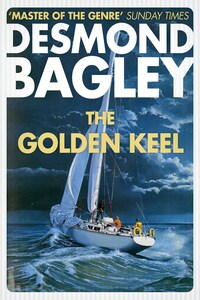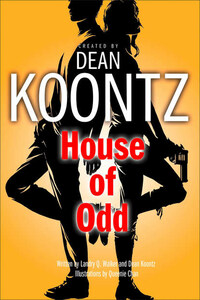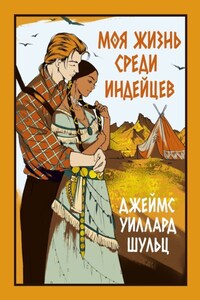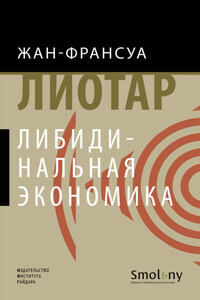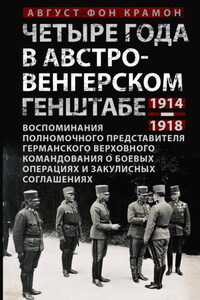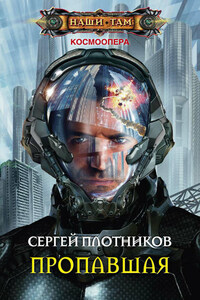My name is Peter Halloran, but everyone calls me ‘Hal’ excepting my wife, Jean, who always called me Peter. Women seem to dislike nicknames for their menfolk. Like a lot of others I emigrated to the ‘colonies’ after the war, and I travelled from England to South Africa by road, across the Sahara and through the Congo. It was a pretty rough trip, but that’s another story; it’s enough to say that I arrived in Cape Town in 1948 with no job and precious little money.
During my first week in Cape Town I answered several of the Sit. Vac. advertisements which appeared in the Cape Times and while waiting for answers I explored my environment. On this particular morning I had visited the docks and finally found myself near the yacht basin.
I was leaning over the rail looking at the boats when a voice behind me said, ‘If you had your choice, which would it be?’
I turned and encountered the twinkling eyes of an elderly man, tall, with stooped shoulders and grey hair. He had a brown, weather-beaten face and gnarled hands, and I estimated his age at about sixty.
I pointed to one of the boats. ‘I think I’d pick that one,’ I said. ‘She’s big enough to be of use, but not too big for single-handed sailing.’
He seemed pleased. ‘That’s Gracia,’ he said. ‘I built her.’
‘She looks a good boat,’ I said. ‘She’s got nice lines.’
We talked for a while about boats. He said that he had a boatyard a little way outside Cape Town towards Milnerton, and that he specialized in building the fishing boats used by the Malay fishermen. I’d noticed these already; sturdy unlovely craft with high bows and a wheelhouse stuck on top like a chicken-coop, but they looked very seaworthy. Gracia was only the second yacht he had built.
‘There’ll be a boom now the war’s over,’ he predicted. ‘People will have money in their pockets, and they’ll go in for yachting. I’d like to expand my activities in that direction.’
Presently he looked at his watch and nodded towards the yacht club. ‘Let’s go in and have a coffee,’ he suggested.
I hesitated. ‘I’m not a member.’
‘I am,’ he said. ‘Be my guest.’
So we went into the club house and sat in the lounge overlooking the yacht basin and he ordered coffee. ‘By the way, my name’s Tom Sanford.’
‘I’m Peter Halloran.’
‘You’re English,’ he said. ‘Been out here long?’
I smiled. ‘Three days.’
‘I’ve been out just a bit longer – since 1910.’ He sipped his coffee and regarded me thoughtfully. ‘You seem to know a bit about boats.’
‘I’ve been around them all my life,’ I said. ‘My father had a boatyard on the east coast, quite close to Hull. We built fishing boats, too, until the war.’
‘And then?’
‘Then the yard went on to contract work for the Admiralty,’ I said. ‘We built harbour defence launches and things like that – we weren’t geared to handle anything bigger.’ I shrugged. ‘Then there was an air-raid.’
‘That’s bad,’ said Tom. ‘Was everything destroyed?’
‘Everything,’ I said flatly. ‘My people had a house next to the yard – that went, too. My parents and my elder brother were killed.’
‘Christ!’ said Tom gently. ‘That’s very bad. How old were you?’
‘Seventeen,’ I said. ‘I went to live with an aunt in Hatfield; that’s when I started to work for de Havilland – building Mosquitos. It’s a wooden aeroplane and they wanted people who could work in wood. All I was doing, as far as I was concerned, was filling in time until I could join the Army.’
